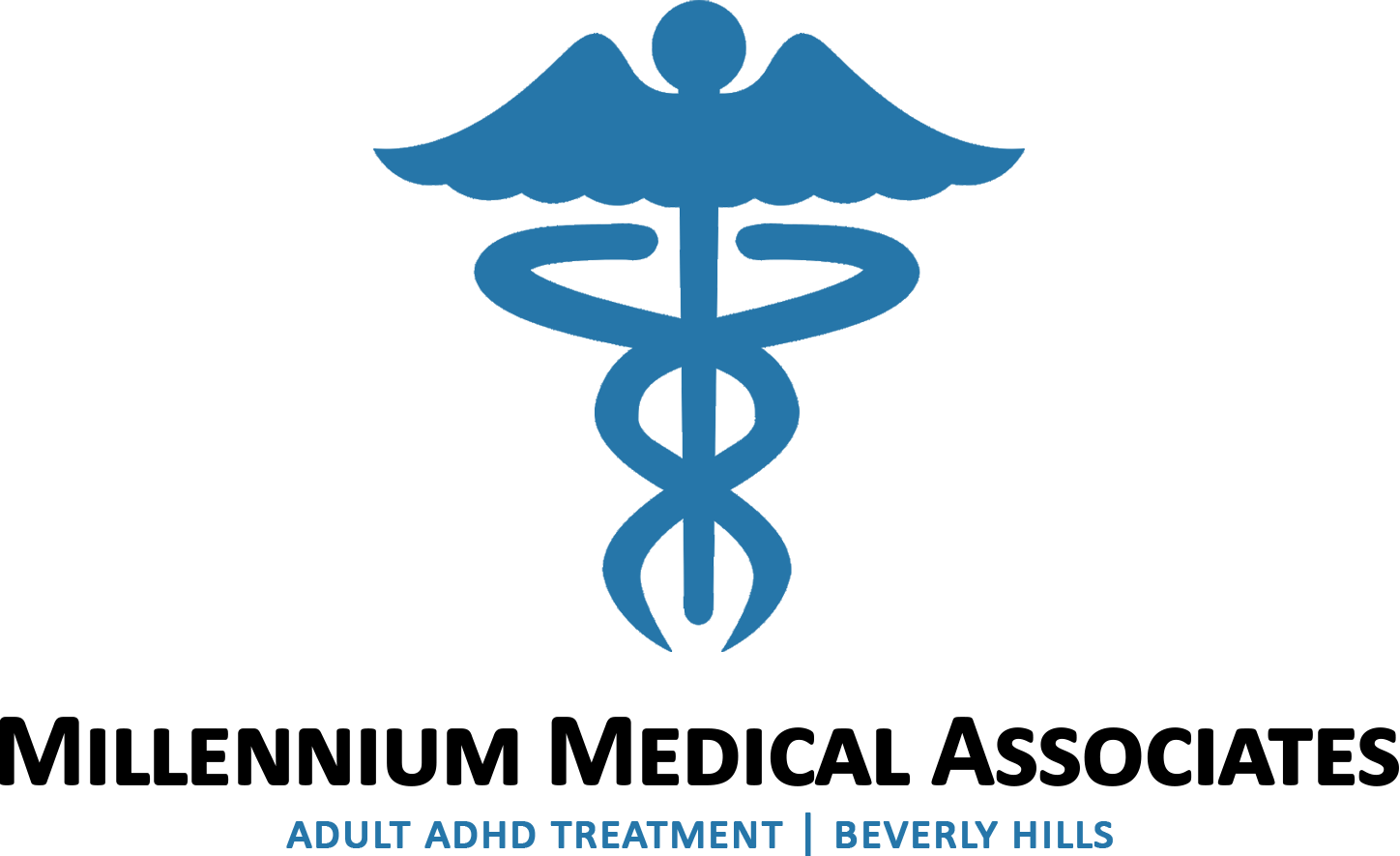What is it like to start taking medication for ADHD as an adult?
Attention deficit hyperactivity disorder, or ADHD, is a neurodevelopmental disorder that affects an individual's ability to focus and control their behavior (Mayo Clinic, n.d.). It is often diagnosed in childhood, but many adults also struggle with undiagnosed ADHD. For these individuals, starting medication for ADHD can be a significant change in their daily routine. Here, we explore what it is like to start taking medication for ADHD as an adult and provide some tips for those considering this step in their treatment journey.
First, it is important to understand that ADHD is a complex disorder that can present differently in each individual (Healthline, 2019). Some common symptoms of ADHD include difficulty paying attention, impulsivity, and hyperactivity. These symptoms can cause challenges in daily life, including difficulty with school or work, problems with relationships, and difficulty managing time and tasks.
For adults with ADHD, the decision to start medication can be a difficult one. Many have lived with their symptoms for a long time and have developed coping mechanisms that may have worked for them in the past. However, as adults, the demands of work and family can become more challenging and these coping mechanisms may no longer be sufficient. In these cases, medication may be recommended as part of a comprehensive treatment plan to help manage symptoms and improve daily functioning (WebMD, 2018).
Before starting medication, it is important to consult with a healthcare professional who is trained in diagnosing and treating ADHD. This may include a primary care doctor or a mental health professional such as a psychiatrist or psychologist (Helpguide, 2020). They will be able to determine if ADHD is the cause of your symptoms and, if so, recommend the most appropriate treatment plan.
If medication is recommended, it is important to understand that it is just one part of treatment for ADHD. Many adults with ADHD also benefit from therapy, such as cognitive behavioral therapy, to help them learn strategies for managing their symptoms (Healthline, 2019). In addition, lifestyle changes such as exercise, a healthy diet, and consistent sleep patterns can help improve symptoms of ADHD (Healthline, 2019).
Starting medication for ADHD can be a daunting experience, and it is important to have a supportive network of friends, family, and healthcare professionals to help you through the process. It is also important to be patient with yourself and remember that finding the right medication and dosage can take time. It is not uncommon for individuals to try several different medications or combinations of medications before finding the one that works best for them (WebMD, 2018).
When starting medication, it is important to follow your healthcare professional's instructions and be aware of any potential side effects. Common side effects of ADHD medication include stomach pain, loss of appetite, and difficulty sleeping (WebMD, 2018). These side effects can often be managed by adjusting the dosage or switching to a different medication. It is important to report any side effects to your healthcare professional as soon as possible so that they can be addressed.
In conclusion, starting medication for ADHD as an adult can be a significant change in your daily routine, but it can also be a very effective treatment option. It is important to consult with a healthcare professional, understand the potential risks and benefits, and be patient with yourself as you work towards finding the right treatment plan. With the support of a healthcare team and a strong network of loved ones, starting medication for ADHD can lead to improved daily functioning and a better quality of life.
References:
Mayo Clinic. (n.d.). Attention Deficit Hyperactivity Disorder (ADHD). Retrieved from https://www.mayoclinic.org/diseases-conditions/adhd/symptoms-causes/syc-20350889
Healthline. (2019, October 25). Adult ADHD: Symptoms, Diagnosis, and Treatment. Retrieved from https://www.healthline.com/health/adult-adhd#treatment
WebMD. (2018, August 28). ADHD Medications: How They Work, Types, and Side Effects. Retrieved from https://www.webmd.com/add-adhd/guide/adhd-medications#2
Helpguide. (2020, February 3). ADHD in Adults: Diagnosis, Treatment, and Coping. Retrieved from https://www.helpguide.org/articles/add-adhd/attention-deficit-disorder-in-adults.htm
Healthline. (2019, October 25). Lifestyle and Home Remedies for ADHD in Adults. Retrieved from https://www.healthline.com/health/adult-adhd/lifestyle-home-remedies
